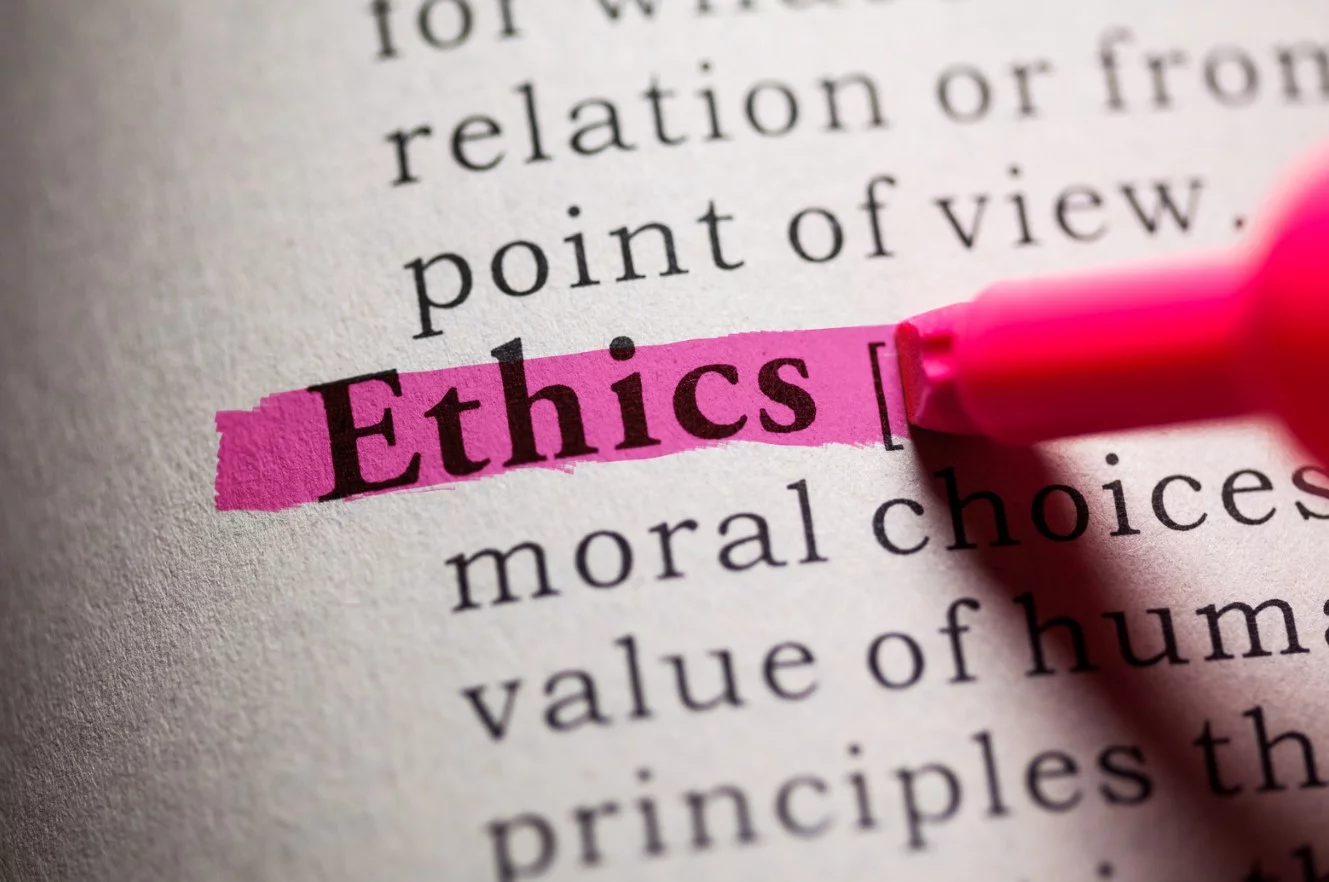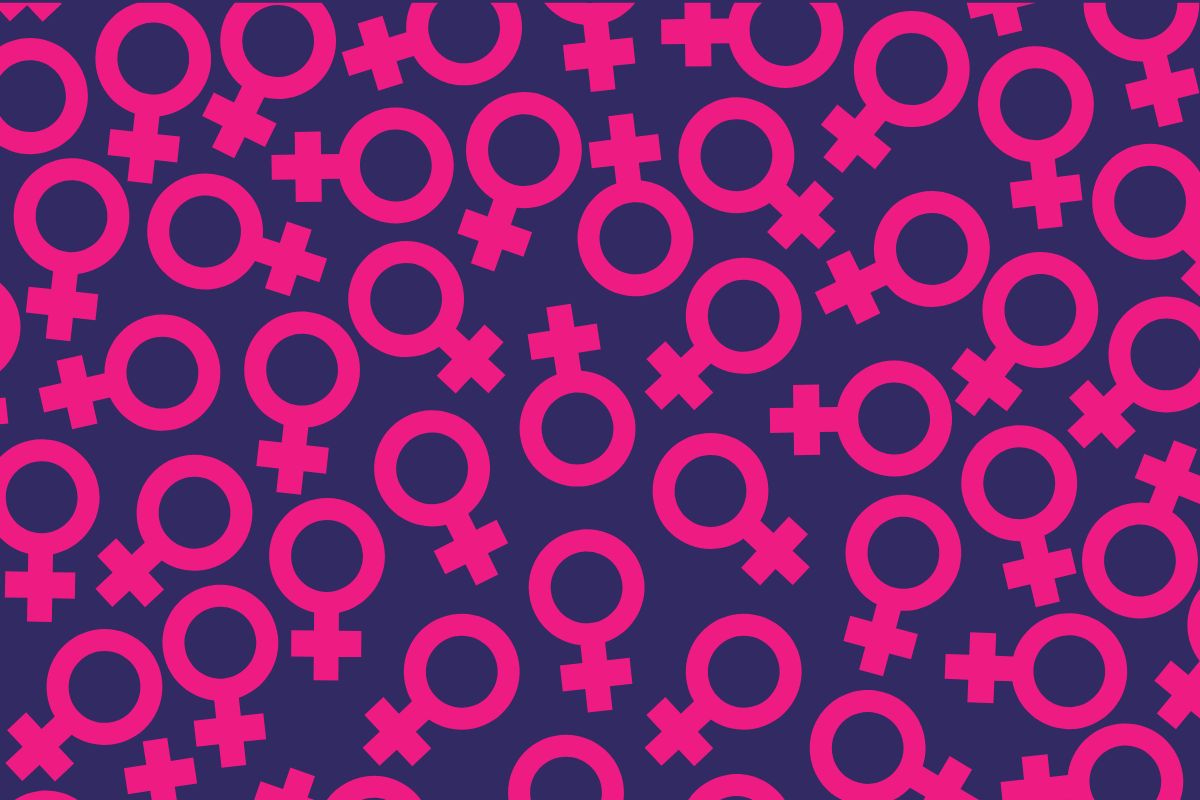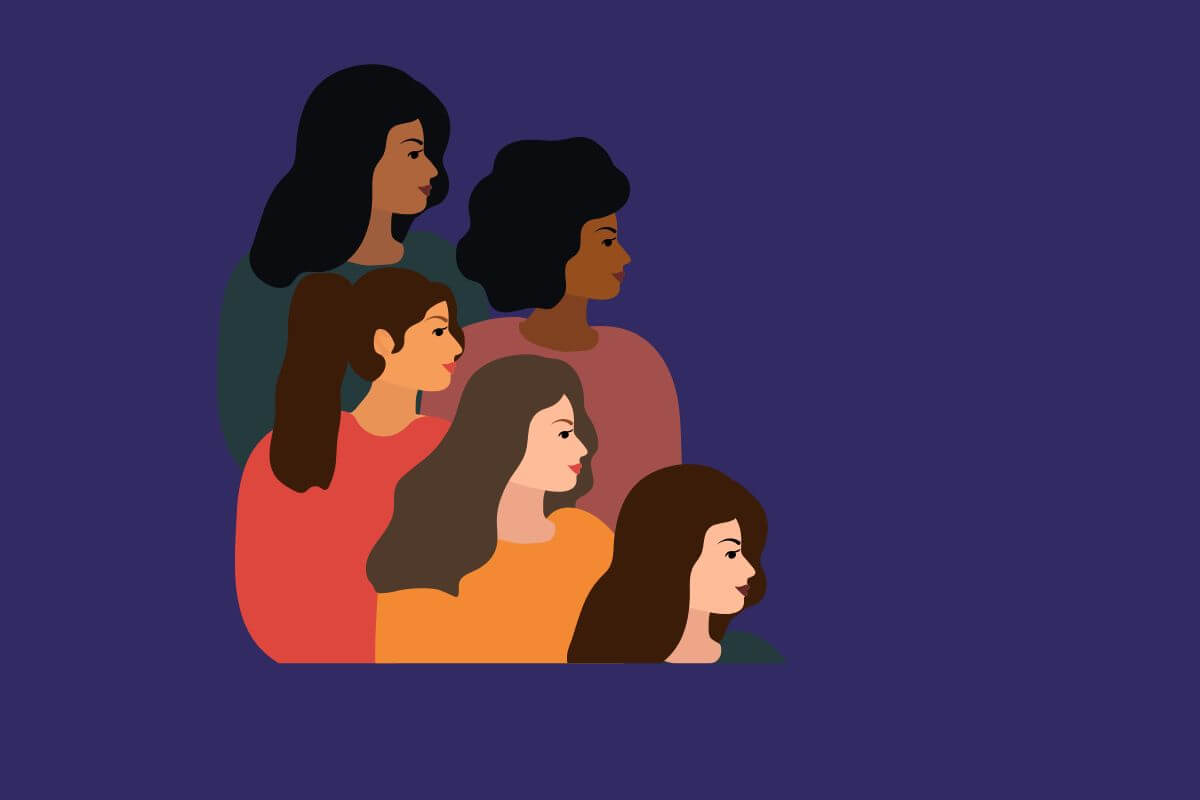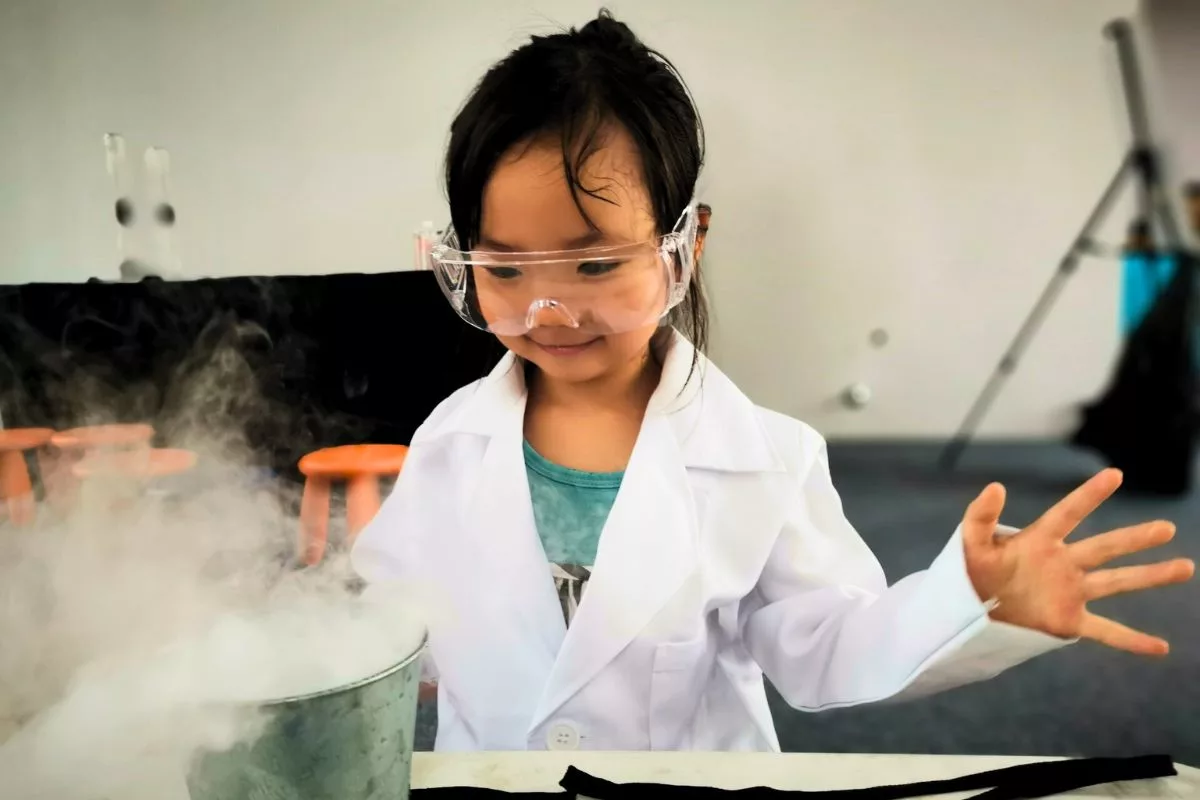EDI, Gender & Ethics
About EDI in academia
Equality, Diversity, and Inclusion (EDI), Gender, and Ethics are increasingly important topics in the academic context. Especially in relation to the academic world, clear indications have been issued by reports and position papers that identify good practices and approaches, relevant for supporting institutional growth and capacity building towards more inclusive academia.
As institutions of higher education and members of the Ulysseus European University, we are responsible for creating an equitable and inclusive environment where all individuals feel welcome and valued regardless of their background or identity.

At the heart of EDI there is the recognition that every individual is unique, and this uniqueness should be celebrated, not discriminated against. We must strive to create an environment where all students and staff have an equal opportunity to learn, grow, and succeed, regardless of their gender, ethnicity, sexual orientation, religion, or any other aspect of their identity. An environment where diversity is welcomed. This means actively seeking out and addressing systemic barriers to access and success and taking steps to eliminate discrimination and bias in all forms.
Gender is a critical aspect of EDI. Historically, women and other marginalised genders have faced significant barriers concerning academic access and success. In Ulysseus, we work to address and overcome those barriers still existing, and create a culture that supports and promotes gender equality. This means not only promoting the recruitment and retention of women and other marginalised genders in all areas of Ulysseus but also ensuring that they are given the same opportunities to excel and advance as their counterparts.
Ethics
Ethics is also an essential component of EDI. As scholars and educators, we are responsible for engaging with ethical questions and dilemmas that arise in our work. This includes considering the ethical implications of our research, teaching, and other professional activities. It also means being conscious of how our work impacts different communities and taking steps to mitigate any potential harm.

EDI events & initiatives in Ulysseus
Female scientists breaking barriers in research
“Female scientists breaking barriers in research” consists of seven interviews to Ulysseus female researchers that offer the opportunity to the general public to learn about existing challenges in society that have motivated these researchers to do research in gender studies.
Some of the topics covered in these interviews include public women, public power, leadership and underrepresentation in local and national politics; executive women’s career identities in the corporate business; gender based violence; female objectification in media; sexuality, disability and fundamental rights and research and gender equality policies in European universities, among others.

Who you are matters
This roundtable targets young scientists and aims to raise awareness about the importance of incorporating a gender+ and intersectional perspective in STEM research. Here, scientists from different universities feature three short presentations on the following topics:
- Understanding gender+ and intersectionality in research, by Dr. Rita Bencivenga, Ulysseus Team, University of Genoa
- Key concepts of intersectionality, by Dr. Carla Maria Reale, Centre for Interdisciplinary Gender Studies, University of Trento
- Incorporating gender+ perspective in non-human research projects, by Dr. Diego Colombara, Associate Professor of Inorganic Chemistry at University of Genoa and Coordinator of EIC project “REusable MAsk Patterning”

Science: where magic happens
With occasion of the International Day of Women and Girls in Science, Ulysseus hosts a roundtable in which upper secondary students from six countries had the opportunity to ask questions to young female researchers from Ulysseus.
Students had the chance to learn more about the interest of these young scientists in working in science and the challenges the are facing in their careers.

EDI resources and publications
Check out our gender-related publications
Ulysseus Equality Plan
Ulysseus Gender Equality Activities Programme Guide
